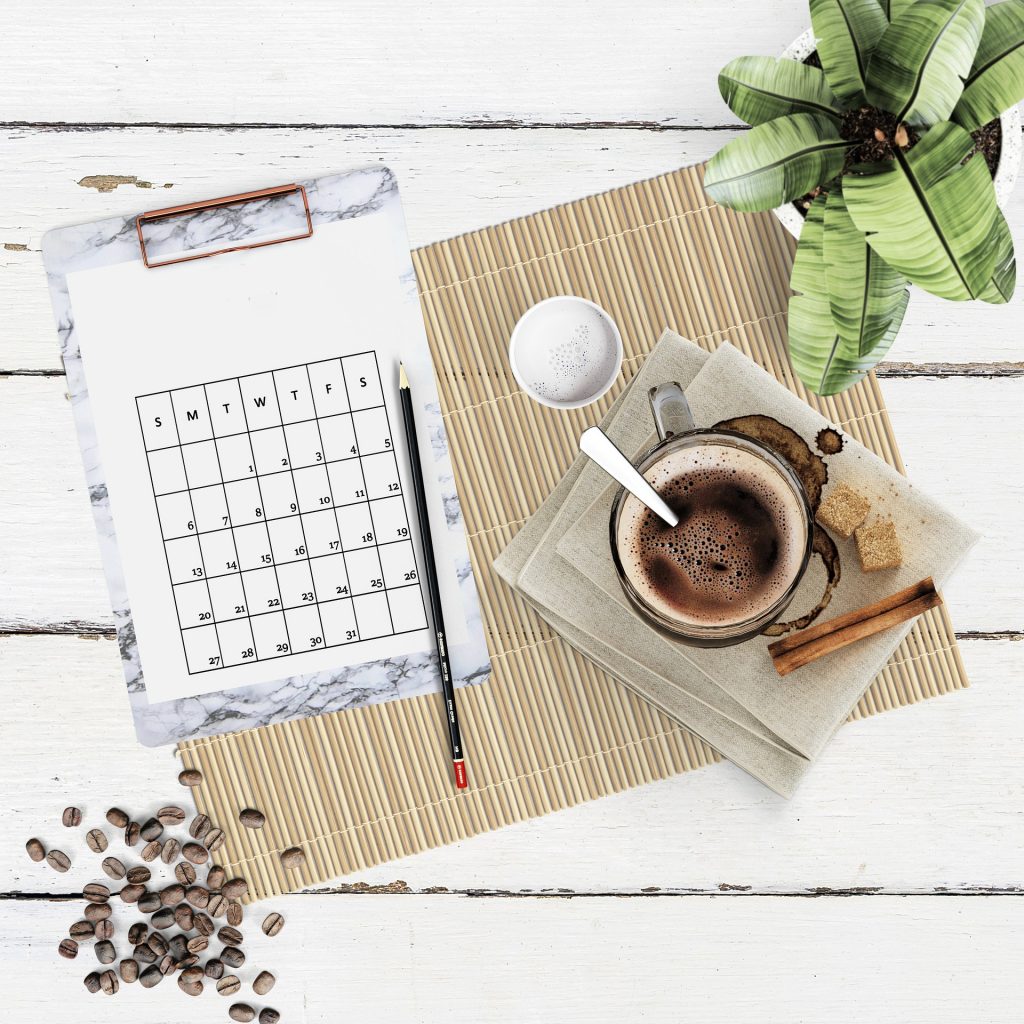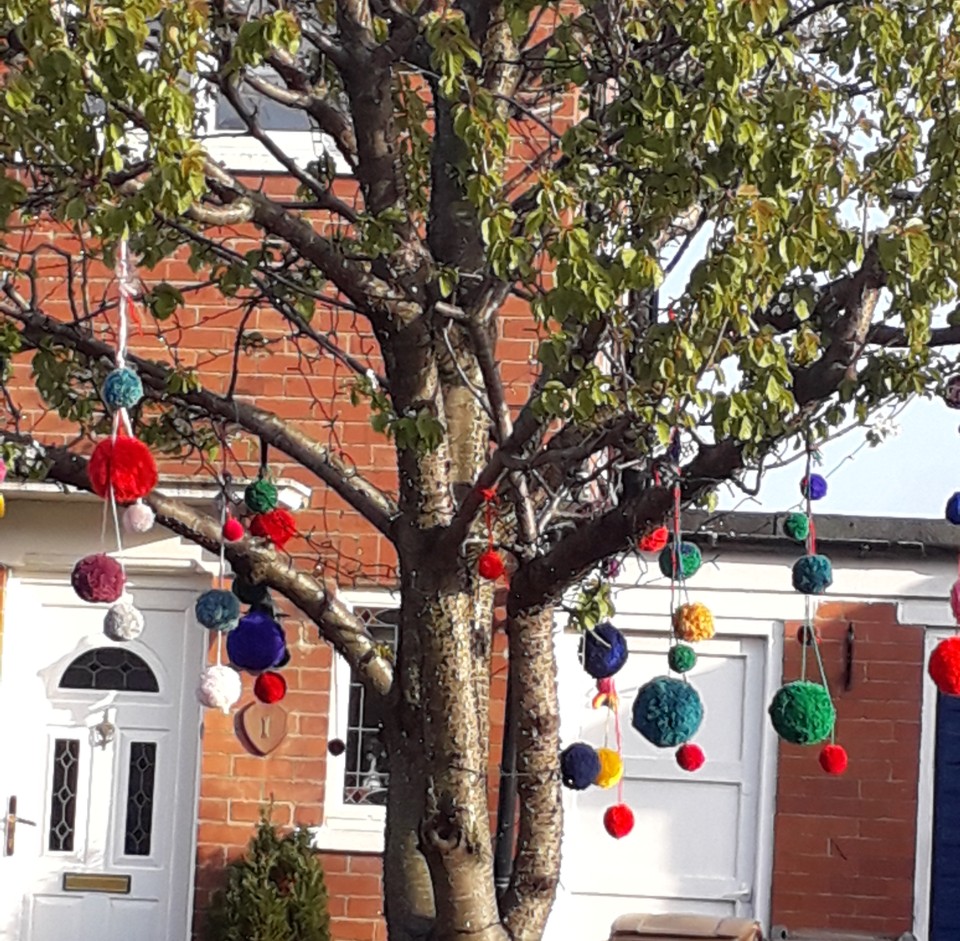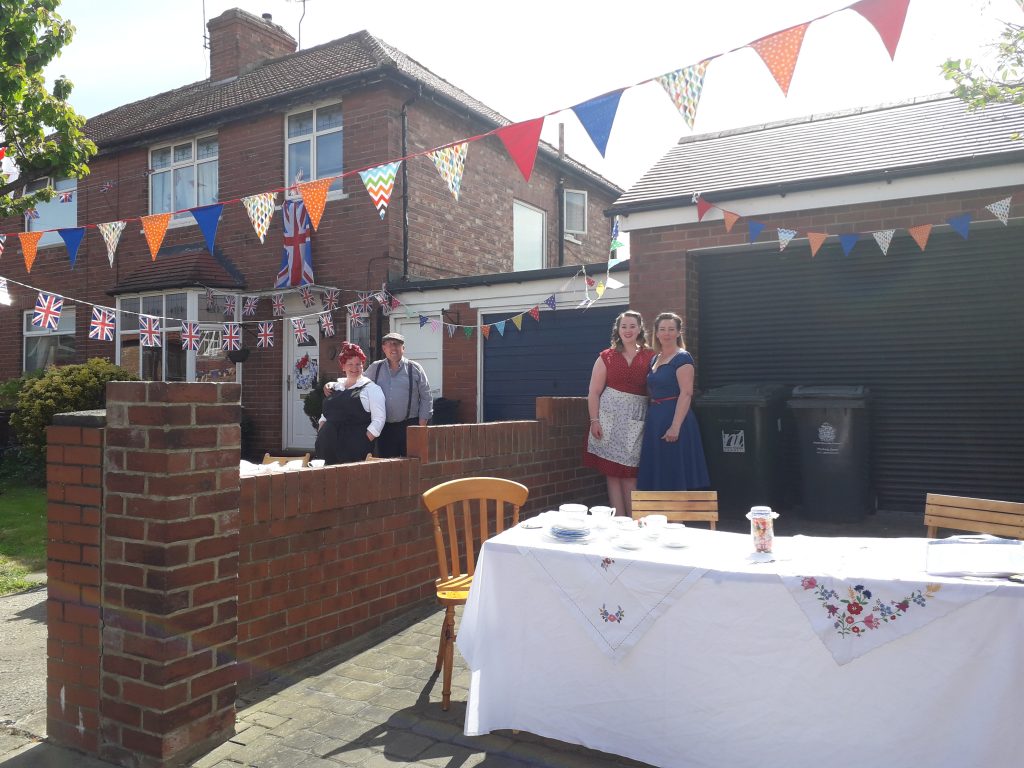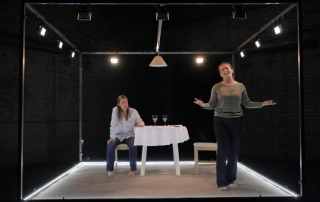As part of our blog series where we share experiences, tips, and tricks of living and working during lockdown, Dr. Clare Guilding, Dean of Academic Affairs at the NUMed campus, shares her experience of lockdown in Malaysia.
Tell us a little about your job role.
I am the Dean of Academic Affairs at NUMed Malaysia, which means that I manage the academic matters for the MBBS programme. I oversee the delivery of the teaching and the curriculum, support student progress and student wellbeing, and oversee the Student Association, as well as helping with staff development.
How did you find the experience of moving to working from home?
It was actually relatively smooth – being based in Malaysia, we already do quite a lot of video conferencing as we have regular meetings with the UK. It’s one of the things that we have found to be a positive – normally we would be the only ones video conferencing, which has sometimes been difficult to manage what with the sound quality and the rapport. Now, with everyone using Zoom, it’s a lot easier to communicate together.
Have you had to adapt your working day with the lockdown?
On campus teaching at NUMed stopped shortly before it did in the UK so there was a period of rapid adjustment for everyone to fully online learning. In the first week after lockdown we uploaded pre-recorded sessions and materials for the students, then began adding in live synchronous sessions as our online delivery skills improved. There has understandably been a lot of anxiety from the students, so we have been making sure to focus on student well-being. Our medicine degree program has a very structured academic mentoring system where the students meet their mentors between six to eight times a year, so these have been continuing. We also sent out a survey to all of our students to ask them about what kinds of things they had access to in terms of technology (laptops, cameras, internet connection), and we heard back from every single one of them.
How has lockdown impacted your daily life?
In Malaysia, we’ve been under something called a Movement Control Order, which from the 18th March closed almost all businesses and severely restricted movement. I’d been training for the Great North Run, so when all the gyms closed I had to start running outside which was difficult – daytime temperatures here can reach over 35 degrees with high humidity (and spiders hanging from the trees!). However, after 2 weeks it was made clear we were not even allowed outside for exercise, a ruling that continued for over 5 weeks, and I found this particularly hard.
The schools closed here in March, so my husband has been running the home-schooling for our 7-year-old daughter. I know a lot of people have struggled with home schooling but I’m lucky that my husband can manage this, and it’s actually been really nice to spend more time with the family.
Do you have any tips for people working from home during lockdown?
I would say that maintaining a routine is important. We have a team meeting every morning which I really value, as it’s vital to keep that kind of structure and check in with colleagues.
I would also say that people should give themselves time between meetings if they can: it would be ideal if we could all start meetings at 5 past the hour and end them at 5 to, so that we can have a transition period to pull everything together for the next meeting – or to grab a cup of tea!







